A brush with an Eastern Orthodox Saint at the Greek Festival

This past Labor Day weekend we went to the Greek Festival at The Church of the Annunciation near downtown Columbus for the third year in a row. We go mainly because it is cheep, the food abundant and good, and the contact with Greek Orthodoxy is always interesting. My favorite part of course is going to the Cathedral bookstore to peruse icons and theological tomes. In previous years I had bought a book about the Ecumenical Councils as well as works by St. John Chrysostom.
This year; however, there was a clearance sale which included Russian Orthodox Saints' writing. For a Western Christian, Russian Orthodox thinkers are often more accessible in that they enter into dialogue with Modern Western ideas. Therefore writers like Vladimir Soloviev, Sergius Bulgakov can be very instructive in their critique of modernity and the concern for Tradition.
In this same vein, 19th century Russian Orthodox works like the Pilgrim's Journey contain much of the drama and pathos of the great Russian writers of the period all placed in a religious context. So it was a stroke of great fortune that I happened across a copy of My Life in Christ by St. John of Kronstadt.
Born Ivan Ilyich Sergiyev, he was a son of a poor family in Northern Russia near Archangel born around 1829. Ivan eventually became a parish priest near the Imperial capital St. Petersburg on the island of Kronstadt which was home to society's undesirables including sailors, convicts, and factory workers. From what I can gather he was the only married priest ever to be canonized in the Russian Orthodoxy. In Orthodoxy as in Eastern Catholicism the spiritual ideal centers around monasticism, so this fact is surprising and illuminative of his character.
My Life in Christ consists of his personal spiritual journal he kept over many years from the 1850's onward. This is a truly great work. What follows are two extracts:
How is it that the saints see us and our needs and hear our prayers? Let us make the following comparison: Suppose that you were transplanted to the sun and were united to it. The sun lights the whole earth with its rays, it lights every particle of the earth. In these rays you also see the earth, but you are so small in proportion to the sun, that you would form, so to say, but one ray, and there are an infinite number of such rays. By its identity with the sun this ray takes an intimate part in lighting the whole world through the sun. So also the saintly soul, having become united to God, as to its spiritual sun, sees, through the medium of its spiritual sun, which lights the whole universe, all men and the needs of those that pray.
------------------------------------------------------------------------------------
Think oftener: Whose wisdom appears in the construction of your body? Who has ordered the laws of your thoughts, so that until now these laws are followed by all men? Who has engraved in the hearts of all men the law of conscience, so that until now it rewards the good and punishes the evil in all men? The Almighty, All-wise, and most gracious God! Thy hand is constantly upon me, a sinner, and there is no moment when Thy mercy leaves me. Grant me, then, always to kiss, with living faith, Thy gracious hand. Why should I go far to seek for the traces of Thy mercies, of Thy wisdom, and Thy omnipotence? O! how clearly these traces are visible to me! I, I myself am a miracle of God's goodness, wisdom and omnipotence. I myself--on a small scale--am a whole world; my soul is the representative of the invisible world; my body--of the invisible one.
My Life in Christ is accessible on-line by clicking here.
In addition to the above work St. John also wrote a number of poems touching on the spiritual life. He died near the end of 1908, three years after the Decembrist 1905 uprising, but before the real horrors would be unleashed.

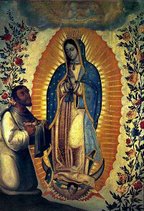
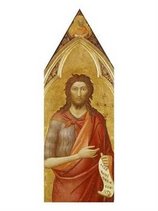


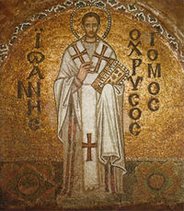
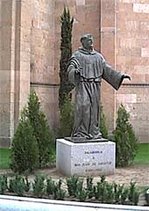

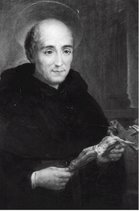
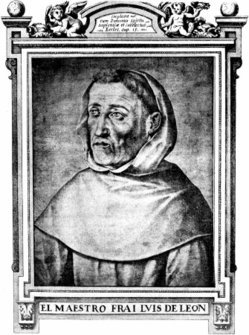
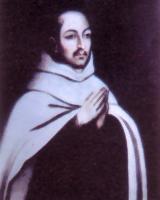


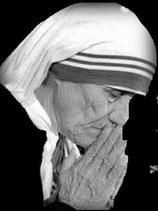
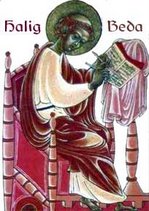
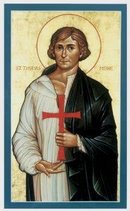
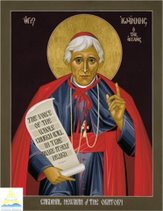




No comments:
Post a Comment